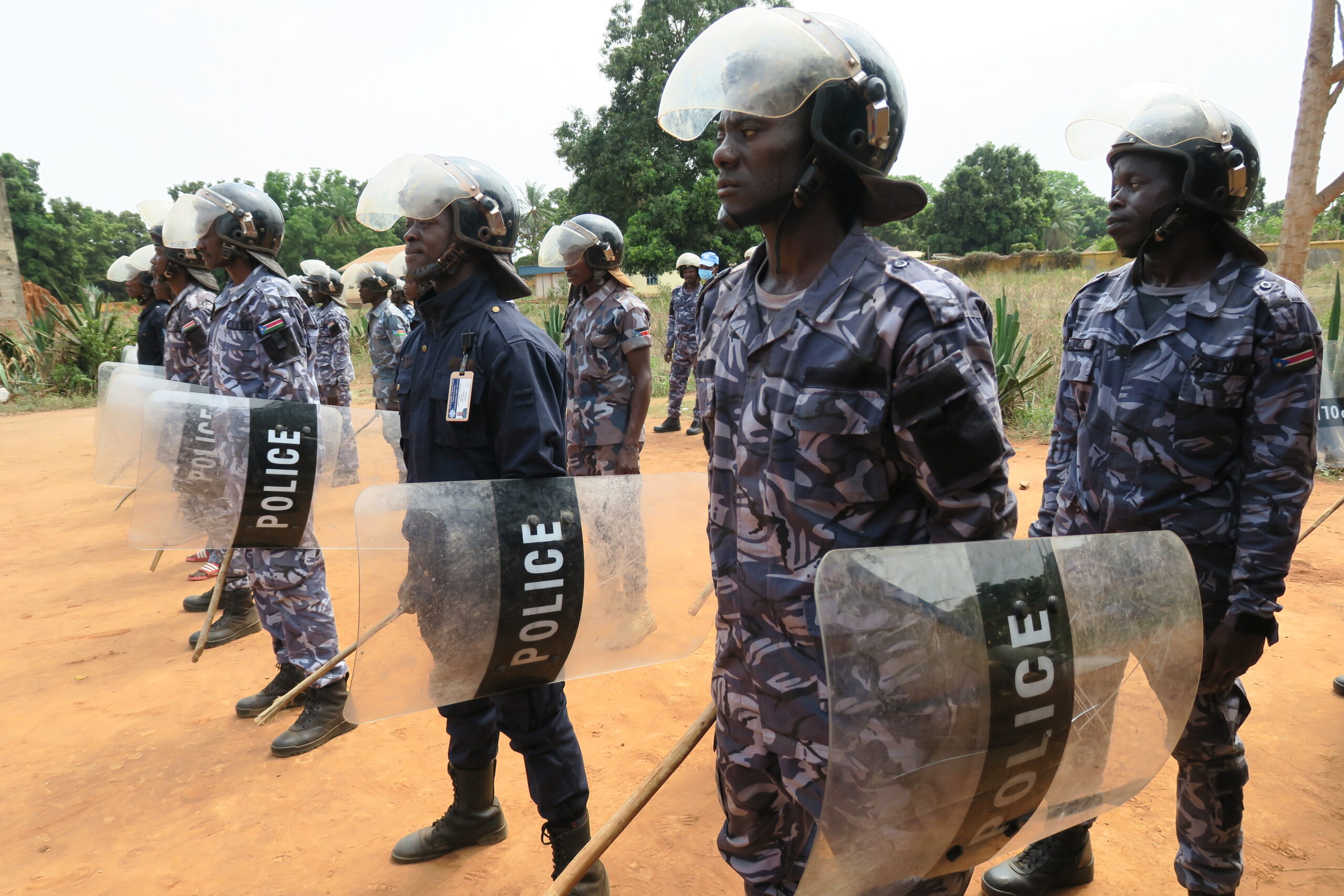
Despite not receiving the president’s signature, South Sudan’s contentious security legislation has officially become law, according to parliamentary spokesperson Oliver Mori.
The bill’s automatic enactment, as stipulated by the constitution, occurred after 30 days since its presentation to President Salva Kiir on July 12.
The law, which allows for the arrest of individuals without warrants, has sparked criticism from human rights activists and foreign nations.
Nine Western envoys, including representatives from the United States and Britain, emphasized that South Sudanese citizens should enjoy the right to engage freely in political and civic expression without fear of arbitrary detention or intimidation by security forces.
South Sudan is gearing up for its first election on December 22, operating under a transitional government established after the 2018 peace agreement. This agreement marked the end of a devastating five-year civil war that claimed nearly 400,000 lives.
The new security law has become a contentious issue in discussions between the government and opposition groups not covered by the 2018 peace accord. Its implications for civil liberties and due process have raised concerns about the country’s path toward stability.
Yasmin Sooka, chair of the U.N. Commission on Human Rights in South Sudan, expressed alarm over the law’s potential impact. She warned that security agencies could now carry out “more arbitrary detentions and enforced disappearances.” Urging the president and parliament to reconsider, Sooka emphasized the need for democratic processes to maintain credibility and legitimacy.
Ter Manyang Gatwech, executive director of the local rights group Center for Peace and Advocacy, vowed to challenge the law in court. He characterized the bill as a direct threat to the nation, leaving no one safe due to its nature.
In response, Mathew Miller, a spokesperson for the U.S. State Department, urged South Sudan’s transitional government to swiftly create an environment where people can express their views openly and without fear.
As the nation grapples with this controversial legislation, the delicate balance between security and civil liberties remains at the forefront of national discourse.
